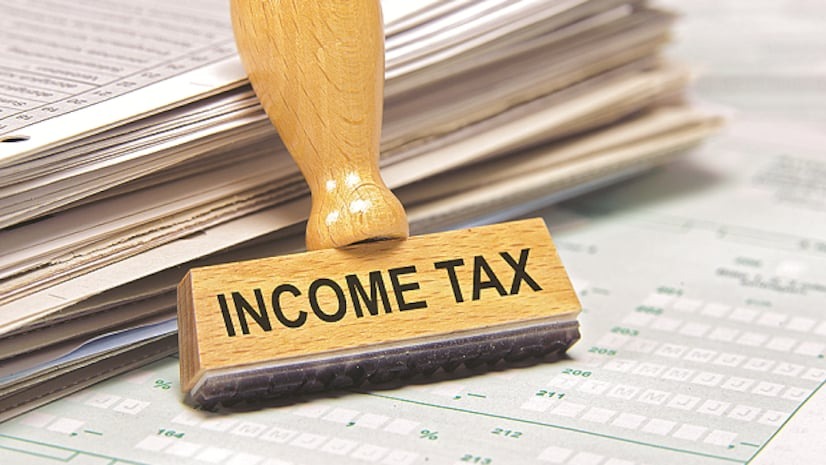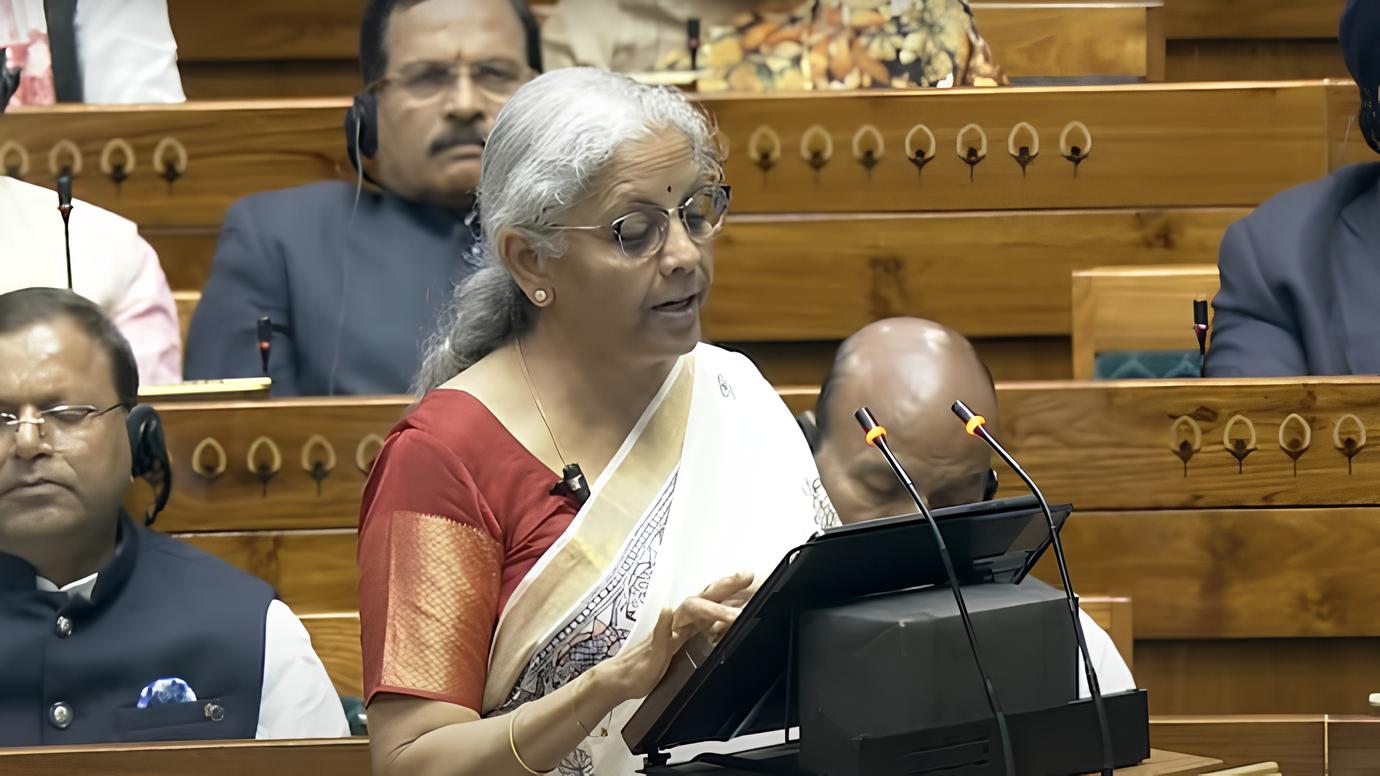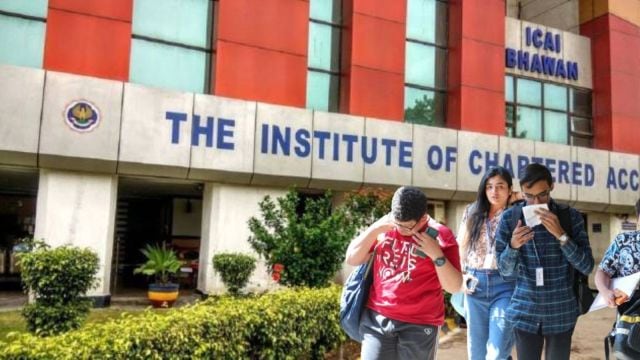What is the difference between tax exemptions and tax rebates?
- BySomya Bhaskar
- 02 Feb, 2025
- 0 Comments
- 2

When navigating the world of taxes, two crucial terms you'll come across are tax rebates and tax exemptions. Both are designed to reduce your tax burden, but they function in different ways. Let's break down their meanings and how these concepts are being updated in the Union Budget 2025.
1. Tax Rebate
A tax rebate is essentially a refund or reduction in the taxes you owe, typically granted after you've already paid your taxes. In other words, it's like getting some of your money back from the government. The rebate is usually based on factors like your income, expenditures, or eligibility under specific tax-saving schemes.
Example: Suppose your tax liability is ₹20,000. If you're eligible for a tax rebate of ₹5,000, your final tax liability will be reduced to ₹15,000. This rebate may come from various tax-saving schemes, such as the Section 87A rebate for individuals with income below ₹5 lakh.
Union Budget 2025 Update: The government has increased the tax rebate under Section 87A, making it available for taxpayers with a net taxable income up to ₹12 lakh. This change allows many individuals to reduce their tax liability to zero. Additionally, salaried individuals will benefit from a standard deduction of ₹75,000, which further raises the threshold to ₹12.75 lakh, ensuring no taxes are owed if your income falls below this amount.
This change aims to provide direct relief to individuals, especially in the middle class, boosting disposable income and encouraging spending.
2. Tax Exemption
A tax exemption is a different concept, it allows you to exclude certain income, assets, or activities from being taxed altogether. This means that the exempted portion of your income or asset is simply not subject to tax in the first place.
Example 1: If you earn ₹12 lakh annually, but ₹1.5 lakh of that is eligible for tax exemption under Section 80C (for investments like provident funds, life insurance, etc.), your taxable income becomes ₹10.5 lakh. Only the remaining amount is taxed.
Example 2: If you receive ₹50,000 as House Rent Allowance (HRA) and pay ₹30,000 as rent, a part of this ₹30,000 could be exempted from tax, reducing your taxable income.
Key Difference: With a tax exemption, certain portions of your income are completely excluded from taxation, whereas with a tax rebate, you reduce the amount of taxes you owe after calculating your total tax liability.
In the Union Budget 2025, the income tax exemption threshold has been substantially increased. Individuals earning up to ₹12 lakh annually are now completely exempt from income tax. This is a massive rise from the previous threshold of ₹7 lakh, significantly reducing the tax burden for a large segment of taxpayers.
The tax rebate under Section 87A has also been enhanced in the Union Budget 2025. Now, taxpayers with net taxable income up to ₹12 lakh can claim the rebate, effectively reducing their tax liability to zero. For salaried individuals, the introduction of the standard deduction of ₹75,000 further raises the threshold to ₹12.75 lakh, making them entirely tax-free if their income falls below this amount.
Post a comment
Bira 91’s Costly Mistake: How a Name Change Led to...
- 18 Feb, 2025
- 2
BYJU'S founder blames Russia-Ukraine war for company loss!
- 17 May, 2025
- 2
Swiggy Instamart Rides Quick Commerce Boom to 100 Cities
- 17 Mar, 2025
- 2
Bumble's New CEO Exits After Shares Dive 54% - Did...
- 18 Jan, 2025
- 2
Even legal immigrants aren’t safe now—Trump’s policy is back with...
- 12 Apr, 2025
- 2
Categories
Recent News
Daily Newsletter
Get all the top stories from Blogs to keep track.

















